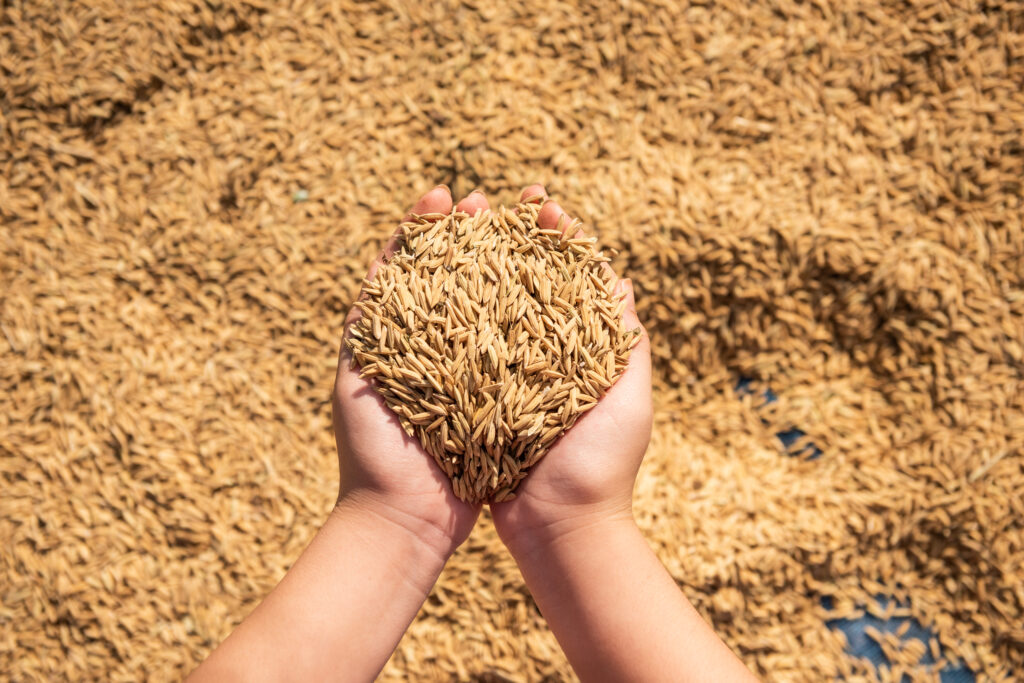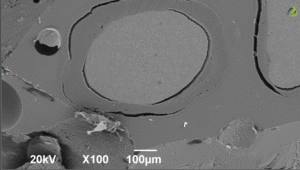In the dynamic food landscape, where the interests of animals and humans converge, a fundamental challenge arises: competition for resources. This blog delves into this critical issue, exploring solutions that promote sustainability and balance between both worlds.
The Struggle for Scarce Resources: A Detailed Analysis
The growing demand for food for animals and humans has intensified competition for limited resources such as land, water, and crops. This analysis details the challenges this poses in terms of sustainability and equitable access to essential resources for both food spheres.
Innovative Strategies for Sustainability
Pioneering strategies that seek to mitigate this competition for resources are highlighted here. From more efficient agricultural practices to the adoption of sustainable technologies, we explore how to meet the dietary needs of both parties without compromising the planet’s health.
Research and Development of Nutritional Alternatives: Maximizing Efficiency with Probiotics
Within the panorama of nutritional alternatives, probiotics emerge as a fundamental tool. Studies show that the strategic inclusion of probiotics in animal and human diets not only improves digestive health but also optimizes nutrient absorption, making diets more resource-efficient.
The action of probiotics in the intestine promotes the proliferation of beneficial bacteria, which not only improves digestion but also reduces the need for food resources by ensuring better nutrient assimilation. This efficiency can be a significant step towards more sustainable nutrition, where more is achieved with less, thus contributing to responsible management of resource competition.
Integrating probiotics into research and development of nutritional alternatives is a promising strategy for addressing these challenges holistically, aiming for more efficient and environmentally friendly food systems.
Innovation in Animal and Human Nutrition
We analyze the crucial role of innovation in the food industry, for both animals and humans, in managing this competition. The application of technology in food production emerges as key to balancing demands and reducing negative environmental impacts.
Circular Economy: Maximizing Resource Utilization
The importance of adopting a circular economy approach in the food chain is emphasized. Efficient use of by-products from animal production in human food or other productive processes is presented as an effective strategy to reduce competition and optimize resource utilization.
Education and Awareness: The Key to Change
Finally, the need to educate consumers, farmers, and policymakers about food competition is highlighted. Awareness of the importance of sustainable options and responsible agricultural practices emerges as a key factor in addressing this challenge effectively.
This blog invites reflection on how to manage competition for resources in food in a sustainable and equitable manner. Collaboration between both worlds is essential to build a more harmonious and resilient global food future. Join us on this journey towards sustainable solutions for all, with Bialtec leading the way!







